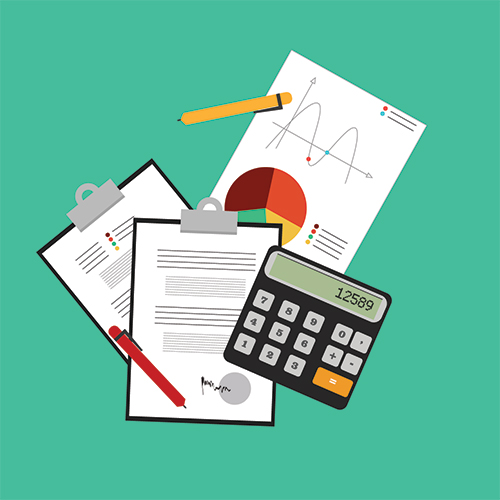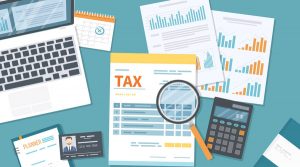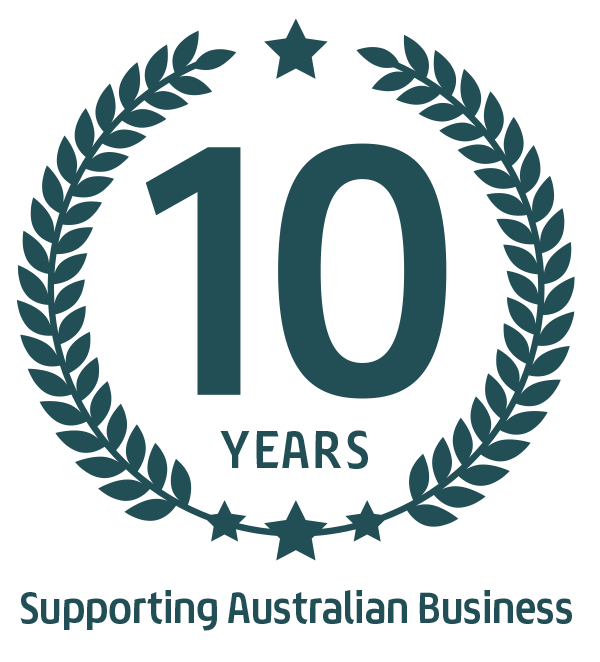Debt recycling is a common investment strategy that involves turning your current mortgage debt (non -tax-deductible) into deductible debt. The basic idea behind it is that you pay your monthly mortgage repayments whilst taking out money to use for investment purposes. This leaves the portion that you have taken out of the loan as tax-deductible. There are key benefits, and risks all of which we will discuss.
Advantages of Debt Recycling
Maximise wealth
From an investment point of view, debt recycling can allow you to start investing immediately. Rather than waiting on your home loan to be paid off which we all know can take up to 30 years, you can draw down on your home loan to access the equity on the property. This can be invested in things like real estate or shares.
Reduce non-deductible debt
The main objective of debt recycling is to reduce your non-deductible debt quicker than regularly paying off your debt. There is a potential to generate additional income through investing. This can shorten the length of time to pay the loan and therefore save you on interest.
Diversify your portfolio
The key to financial wealth is a diversified portfolio. By spreading your investments across multiple channels you are more likely to build long term wealth.
How does it work?
The Australian taxation system allows you to claim a tax deduction if you borrow money for income-producing investments. So, the question becomes, how do we make our home loan tax deductible? Well, the first thing to remember is that home loan repayments are principal and interest. Investment loans are on the contrary interest-only. This means that your non-deductible debt is paid first and the deductible works to the maximum.
To begin with, you should have a flexible mortgage. The most significant aspect is that the line of credit linked to the mortgage should be determined considering the amount of equity in the property. So, with every mortgage payment made, you pay down some principal. Afterward, this principal will become available in your line of credit.
Once the interest loan repayments have been made, you should focus on reducing your principal payments. The quicker you attend to this, the faster you will increase the equity. For this reason, it is ideal to push all investment earnings, tax refunds and other incoming cash to the principal loan.
The debt recycling formula
Borrow against the equity in your property. This will be used for investment purposes.
Invest what you have borrowed into an asset that can generate income.
Use income from assets and tax to pay your mortgage principle faster.
Withdraw the new equity against the paid off mortgage
Repeat
What do you need to make it work?
- You will need to have a separate income from your assets to cover your monthly home loan repayments.
- A sound budgeting plan
- A desire to take risks
- Understanding of the market that you are investing in.
- Long term outlook. Investing is not a short term fix to getting rich. Building wealth takes time and perseverance.

Debt recycling is risky
If you don’t feel comfortable with being in debt, the odds are that you cannot embrace this strategy. By using your home loan as a financial investment, you are susceptible to risk. Firstly, by drawing down on your property, your home will be used as collateral if anything happens. For example, if the property loses significant value or interest rates increase, you may be left in crisis mode.
Similarly, if the share market tumbles you can lose it all. Regardless of the type of investment you, you must assess the level of risk you are willing to accept.
Final Word
Debt recycling is an excellent strategy, especially for Australian investors who wish to pay off their mortgage more effectively and quickly. Still, note that this approach is better fitted for investors who feel comfortable with leveraged investing. By doing so, you could take advantage of the Australian taxation system while accelerating your wealth creation.
Before you get started, make sure to speak to a financial specialist. They will help you assess your situation and formulate a plan of attack.









